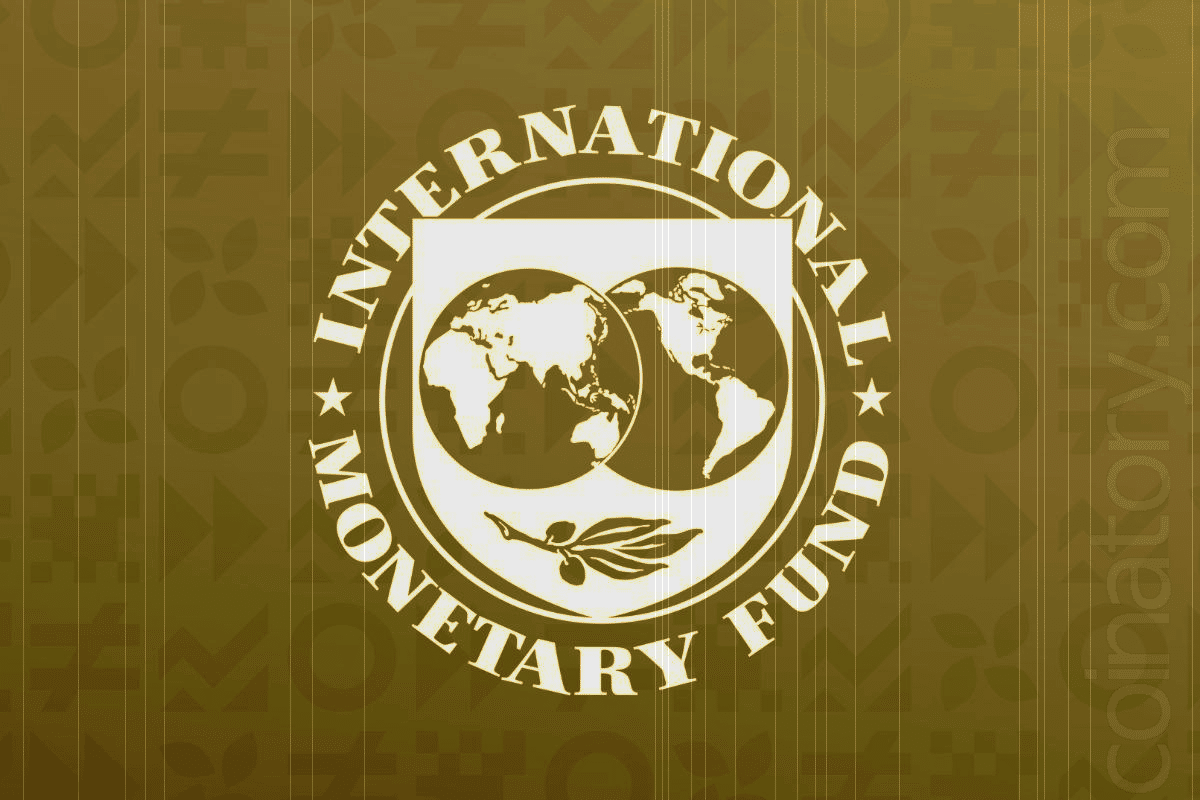
The International Monetary Fund (IMF) has raised serious concerns regarding Pakistan’s recent decision to allocate 2,000 megawatts (MW) of electricity for Bitcoin mining and artificial intelligence (AI) data centers. This development emerges amid ongoing negotiations tied to the country’s extended financial program.
Announced by Pakistan’s Finance Ministry, the initiative aims to attract autonomous miners, blockchain companies, and AI firms to the country. However, the IMF has formally requested urgent clarification from the ministry about the legality of cryptocurrency mining and the substantial power allocation—especially given Pakistan’s chronic energy shortages and mounting fiscal pressures.
According to local sources, the IMF was not consulted prior to the announcement. The Fund is now questioning both the regulatory status of cryptocurrencies in Pakistan and the potential consequences for energy tariffs and national resource allocation.
“There is a fear of further tough talks from the IMF on this initiative,” a government official involved in the discussions said. “The economic team is already facing stiff questions, and this move has only added to the complexities of the talks.”
Currently, the IMF is conducting virtual meetings with Pakistani authorities and is expected to convene a dedicated session to review the power allocation strategy for Bitcoin mining and AI operations.
This electricity allocation is part of Pakistan’s broader strategy to embed digital assets into the national economy. Central to this strategy is the newly established Pakistan Digital Asset Authority (PDAA), formally approved on May 21. The PDAA will oversee the regulation of exchanges, wallets, stablecoins, and DeFi platforms, aligning its framework with global standards such as those set by the Financial Action Task Force (FATF).
Pakistan’s pivot toward digital finance was recently underscored by the debut of its first strategic Bitcoin reserve at the Bitcoin Vegas 2025 conference. At the event, Bilal bin Saqib, crypto adviser to Prime Minister Shehbaz Sharif, announced the launch of a national Bitcoin wallet and reiterated the government’s commitment to supporting the digital asset sector.
Earlier this year, Pakistan proposed the creation of a National Crypto Council to craft a comprehensive regulatory framework and attract foreign investment into the country’s growing crypto ecosystem. One of the Council’s initial objectives was to channel surplus electricity into Bitcoin mining and AI infrastructure. In April, Binance co-founder Changpeng Zhao was appointed as an adviser to the Council, tasked with guiding regulatory policy and the national blockchain roadmap.
As Islamabad charts its course in digital finance, the intersection of cryptocurrency policy and national energy strategy is likely to remain a contentious point in IMF negotiations, with potential implications for the country’s financial and regulatory future.







